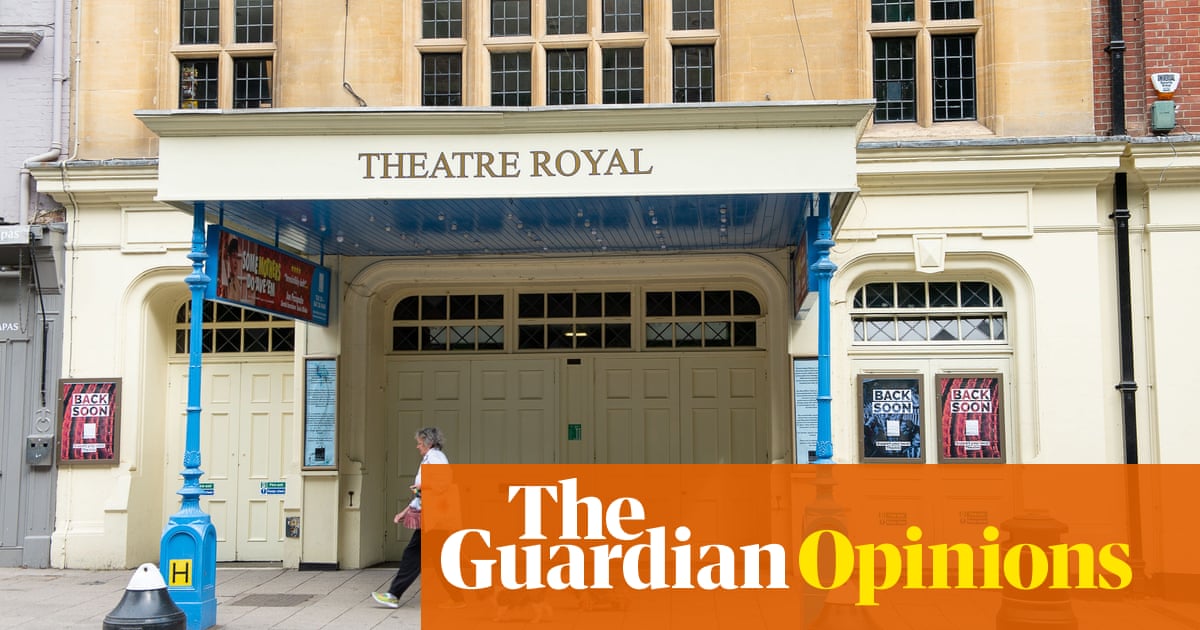
You can fill a plane with people, but not a concert hall. You can go to a cinema, but not a church service. You can crawl the pubs of Soho, but not darken its theatre doors. Deep in their Whitehall bunker, Boris Johnson’s joyless apparatchiks daily reveal their prejudices – and the lobbies to which they are susceptible.
Today’s £1.57bn relief package for the arts is a welcome indication that this sector can plead its cause. It will see many organisations stave off bankruptcy come the autumn. But it is like a food parcel dropped from a passing plane. What next? As Andrew Lloyd Webber asked on Radio 4’s Today programme last month, why could he safely stage Phantom of the Opera to full houses in South Korea, but not in Britain? No one told him that if he ran an airline or a supermarket, Whitehall would jump to his bidding.
Another Treasury bias is emerging. It is lavish in protecting producers, but not in encouraging consumers. The chancellor, Rishi Sunak, is generous to banks, corporations and even employers. But he is paying them to mark time. He has taken 10 million people on to his payroll through benefits and furloughs, but to do nothing.
The priority now must be to re-galvanise the market economy where it has been worst hit, where jobs for an estimated 2 million unemployed are most likely to be forthcoming. That is in the locked-down arts, leisure and hospitality sector. The sector does not need Sunak’s apprenticeships and internships. It needs customers to give employment to its laid-off staff. It needs high streets teaming with demand, not left empty by Dominic Cummings’ new planning laws, perhaps one day to be converted into housing.
The targeted voucher scheme mooted by the Resolution Foundation is ideally tailored to this purpose. Like in other countries – notably China and Taiwan – fixed-term vouchers would be issued for use in restaurants and entertainment venues with a large number of employees. Such vouchers are a direct incentive to customers to spend not save, and thus to businesses to employ. They are more generous – and more promotable – than reducing VAT. The old saw that such “printing money” yields inflation, is monetarist nonsense.
The trouble in Britain is that direct aid to consumption still sticks in the throats of Treasury and Bank of England officials. Billions in quantitative easing are showered on banks and corporations, seemingly because they are “our sort of people”. Yet putting spending power straight into the hands of the public is somehow beneath their dignity.
The arts now offer a vivid opportunity for vouchers in practice. Theatres and concert halls need audiences desperately. They need to know at least when to plan for them. A free ticket and a night out for all is the kind of boost Britain will most need come Christmas. The jobless need it too.
• Simon Jenkins is a Guardian columnist
The Guardian





